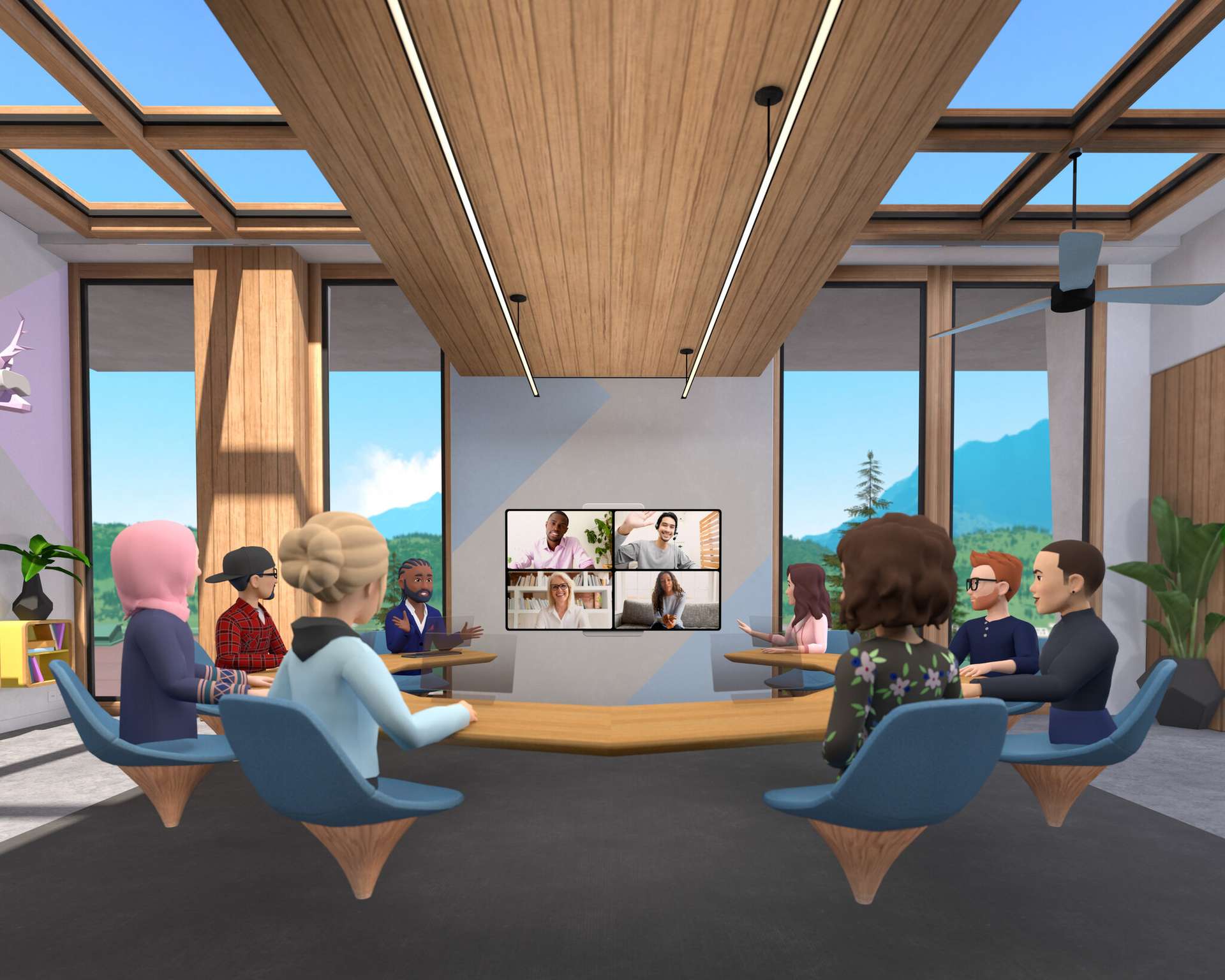Facebook will recruit 10,000 engineers in Europe for its metaverse

Facebook announces this Monday, October 18, a plan to create 10,000 new highly qualified jobs in the European Union over the next five years. This investment concerns the creation of a metaverse, this parallel virtual universe, considered as the next Internet revolution.
This will also interest you
[EN VIDÉO] Visit the supermassive black hole at the heart of the Milky Way in virtual reality Explore the heart of our galaxy as if you were there, it is now possible thanks to…
Almost 20 years after the ephemeral Second Life, Mark ZuckerbergMark Zuckerberg dreams of creating a new parallel world, on the model of the “metaverse”. This is the big project of the boss of Facebook, who plans to recruit 10,000 engineers by 2026 in Europe. For Facebook, it is a question of relying “on our long-standing European presence and placing the region at the heart of our plans to help build the metaverse”.
What is the metaverse? Facebook France boss Laurent Solly, vice-president of Facebook for Southern Europe, invited on France Info, said it was “the Internet of tomorrow” and “a revolution as big as the mobile internet”. For vice-Presidents Nick Clegg and Javier Olivan, it is “a new phase of interconnected virtual experiences using technologies such as virtual reality, virtual and augmented reality”. It is a virtual universe that will make it possible to have online interactions to create “new creative, social and economic opportunities”. Work, play, teaching but also online shopping and artistic creation… Everything that we do today in real life will be possible in this virtual universe.
A postulate: openness and interoperability
A decentralized universe and without governance since “no company will own and exploit the metaverse. Like the Internet, its main characteristic will be its openness and interoperability”, remind MR Clegg and MR Olivan. And why Europe as a nerve center rather than the United States, India, Africa or Asia?
For Facebook, “the European Union has a number of advantages that make it an ideal place for technology companies: a large consumer market, top-notch universities and, above all, top-notch talent. “Facebook thus cites the examples of German biotechnologybiotechnology with the very first vaccine vaccine in NMRNA or Sweden on the way to becoming the first cashless company in the world by 2023.
Vice-president of Facebook, Laurent Solly details the contours of the project. © Dailymotion, France Info
What impact on social relations?
In fact, Facebook has already invested heavily in Europe, particularly in Artificial Intelligence and virtual reality. The Facebook Facebook network recalls that it is financially supporting the Technical University of Munich for “the opening of its first major European research laboratory in artificial intelligence”, and Facebook also cites its “Fair accelerator program (Facebook AI Research) in France, and the Facebook Reality Labs office in Ireland”.
At the microphone of France Info, Mr. Solly also spoke about the ethical and security issues related to this virtual parallel universe, and he announced the creation of a $ 50 million investment fund to lay the foundations of this metaverse, in particular regarding its impact on social relations. “The metaverse is not a unique product that a company can build alone. Facebook repeats that, just like the Internet, the metaverse exists, whether Facebook is there or not. And it will not be built overnight. Many of these products will only be fully realized in the next 10 to 15 years. While this is frustrating for those of us eager to dive in, it gives us time to ask the hard questions about how they should be built. »








